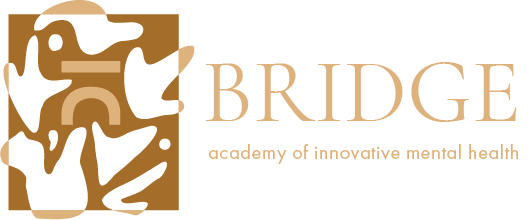Write your awesome label here.
This playful approach begins with curating novelty from positive felt-sense memories- then co-creating an even more novel "prescriptive" memory from these lived experiences so that it becomes the place where healing can happen.
This training requires no artistic background, and is applicable to all licensed mental health providers: LMSW, LCSW, LMHC, LMFT, LPAT, ATR-BC
This training requires no artistic background, and is applicable to all licensed mental health providers: LMSW, LCSW, LMHC, LMFT, LPAT, ATR-BC
Continuing Education
Get an immediate sense of how prescriptive memory-making can liberate a client’s thinking about grief and loss by reading transcripts from actual Dreamscaping sessions :
Learning Objectives
Write your awesome label here.
Nancy Gershman
Nancy Gershman is a psychotherapist with BHAVA Therapy Group, and the developer of Dreamscaping (Prescriptive Memory-Making), an imaginal and photo-based therapy supported by the way memories get encoded in the brain. Her publications include Prescriptive Memories in Grief and Loss: The Art of Dreamscaping (Routledge, 2019) with Barbara E. Thompson, and case studies in Robert A. Neimeyer’s Techniques of Grief Therapy (Routledge, 2012, 2016). Her Dreamscaping work with end-of-life patients and their families at Visiting Nurse Service of NY was featured on NY1’s “New Yorker of the Week” (2016). Her work with the eating-disordered culminated in the traveling exhibit, “The Brides of Ed” (2013). Since 2013, Nancy has hosted Death Café New York City.


